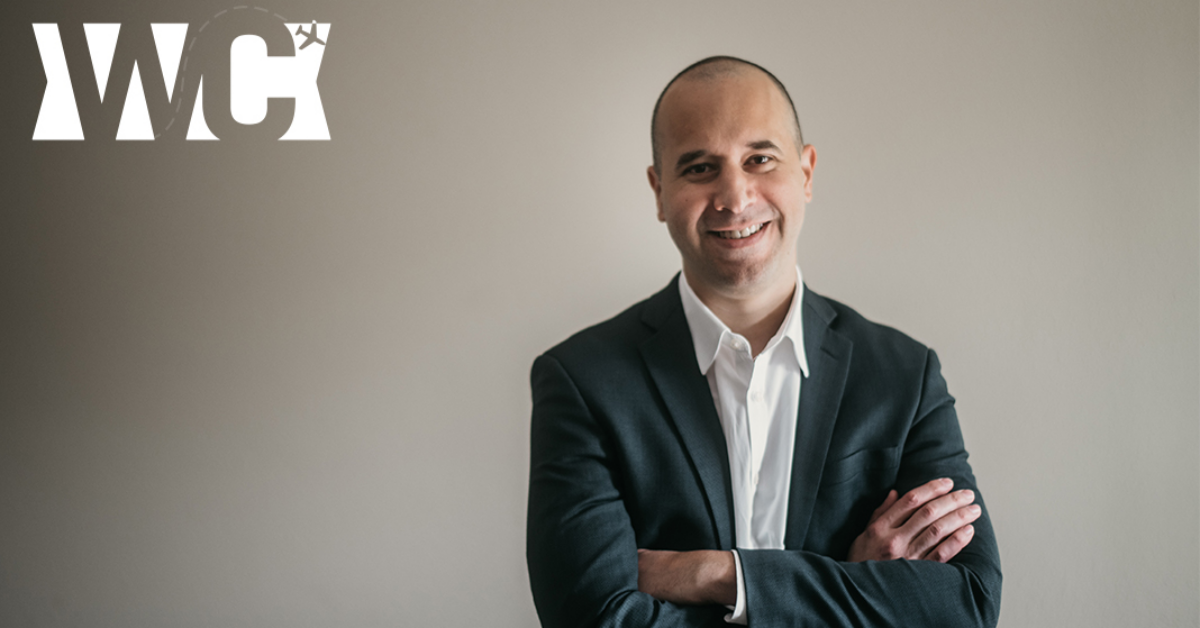[Sponsored content] Home to over 150,000 U.S. expats, France remains a popular relocation spot for Americans. Whether you are considering a move to France for family, professional, or lifestyle reasons, there are important financial considerations to be aware of. This article will cover five topics for Americans moving to France.
Understanding French Income Tax for Americans
Most people naturally think of France as a typical high-tax European jurisdiction, with generous social benefits coupled with punitive income tax rates. While this is generally true, the reality is more nuanced for Americans living there. In many ways, France is a bit of a reluctant tax haven for American expats. Certain provisions in the France-U.S. double taxation treaty allow Americans living in France to effectively exclude a lot of their U.S.-sourced retirement and investment income from French taxation. This is particularly useful for American retirees, who may be able to use treaty benefits to live in France while really only paying U.S. taxes.
What about Wealth Tax?
For a long time, France was a prominent member of the small group of countries that used a wealth tax as part of their fiscal arsenal. The good news is: France no longer has a wealth tax. The 2018 Macron tax reform effectively rescinded the wealth tax, but not completely. The traditional French wealth tax was replaced with something called “Impôt sur la Fortune Immobilière” (IFI), which is a tax imposed only on real estate wealth. IFI could still represent a significant liability if you happen to be heavily invested in real estate, but for the average American professional or retiree, it’s unlikely to amount to any meaningful sums.
Dreaded Death Taxes
As benign as income and wealth taxation may seem for U.S. expats in France, there is no sugar-coating the fact that living in France may expose Americans to the dreaded “droits de successions,” France’s inheritance tax. While U.S. estates enjoy a generous $11.58 million exemption, the beneficiary of a French estate only gets a €100,000 exemption in the case of first-degree relatives (children and parents) and likely much less for more distant relations. In the most extreme cases, inheritance tax rates can go up to 60% for transfers to unrelated inheritors.
Careful, Assurance Vie isn’t a direct translation
Regardless of your French proficiency level, there are two words you may want to quickly familiarize yourself with if you are considering moving to France: “Assurance vie.” It’s almost impossible to talk about French financial life without mentioning its most ubiquitous investment vehicle. French residents have collectively squirreled away over 1,656 billion euros in Assurance Vie, representing roughly 40% of total French savings. While the term translates literally into “Life Insurance,” a French Assurance Vie is nothing like U.S. life insurance. Instead, Assurance Vie works more like a tax-advantaged retirement account. In many cases, these products are not suitable for Americans, so be very careful. A French Assurance Vie will often involve underlying investment in non-U.S. mutual funds, which may be taxed punitively in the U.S.
Plan ahead when traveling with trusts
In 2011, French authorities introduced new regulations aimed at foreign trusts. The new rules mandated various disclosure requirements for foreign trusts, and even led to the creation of a public register of trusts. The trust register listed names of grantors, trustees, and beneficiaries, and was publicly available through the French tax administration website, all in the name of transparency. The French constitutional court eventually ruled that this violated privacy rights, and public access to the register was suspended. While trust data is no longer public, the reporting requirements remain in place, and Americans moving to France with U.S. trusts will be required to make the necessary filings. Beyond disclosure requirements, trying to reconcile U.S. trust provisions with French civil law is likely to feel like fitting the proverbial square peg in a round hole, and could create more problems than it solves, so be sure to seek legal advice.
Feel free to reach out to Walkner Condon Financial Advisors to discuss your specific situation. Walkner Condon Advisors help U.S. expats and those contemplating living overseas with wealth management services, no matter where they reside.
—————-
Sponsored articles do not belong to the editorial team at Frenchly. They are provided or written at the request of the advertiser, who determines the content.






